
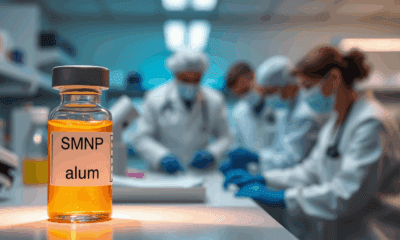

Researchers from MIT and Scripps have unveiled a promising new HIV vaccine approach that generates a powerful immune response with just one dose. By combining two...
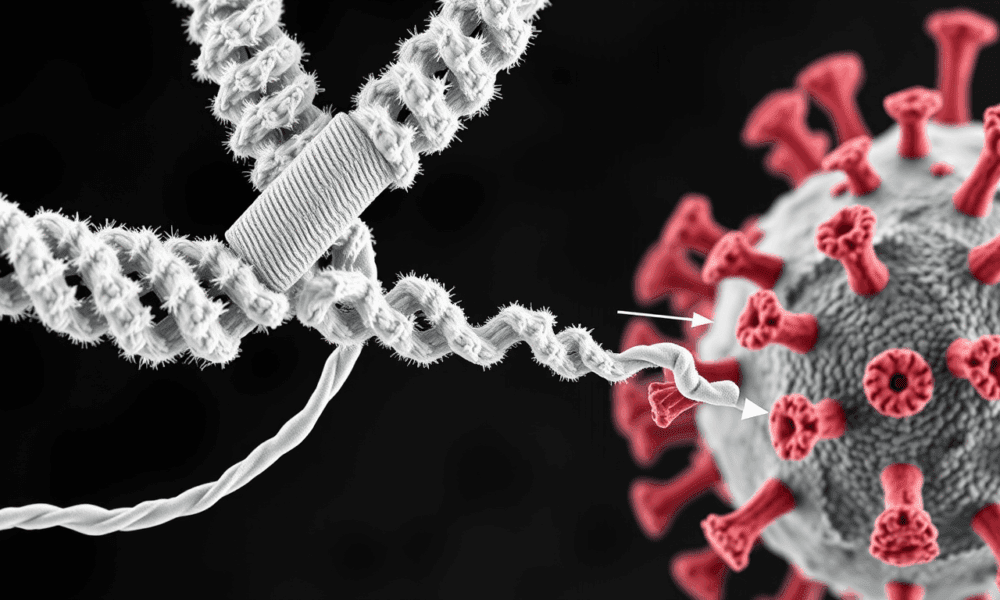


Powerful llama-derived antibodies could be the key to stopping not just current SARS viruses, but future ones too. Scientists have discovered a unique class of nanobodies...



Viruses closely related to the deadly MERS coronavirus are lurking in bats and one group, known as HKU5, may be just one mutation away from making...



A revolutionary STI test developed by UK-based Linear Diagnostics is on track to dramatically reduce the time it takes to detect infections like gonorrhea and chlamydia....
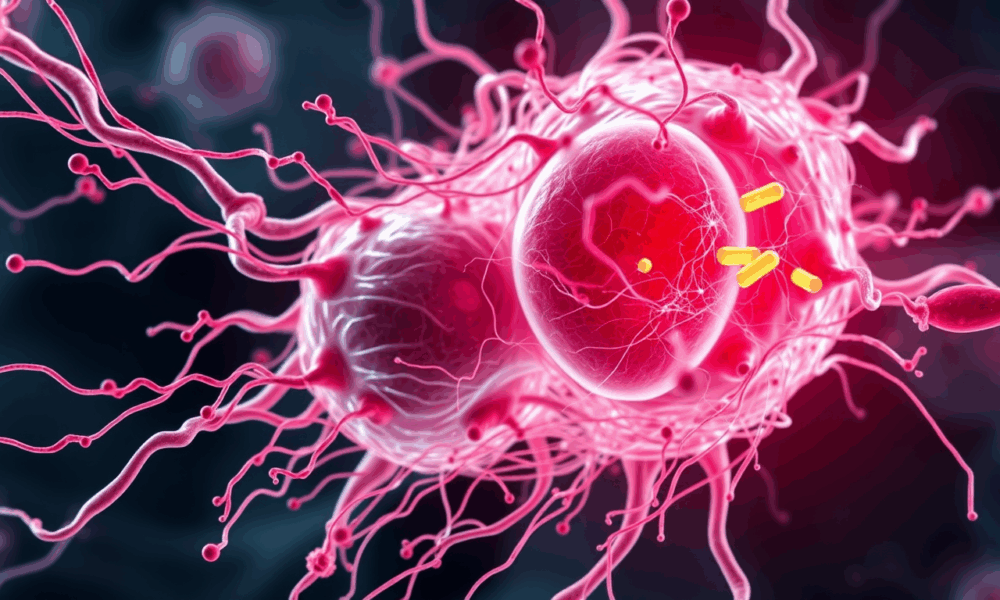
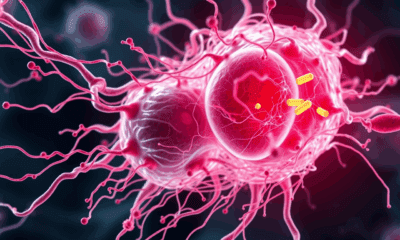

A new Rutgers Health study reveals a surprising twist in the antibiotic resistance story: instead of simply killing bacteria, drugs like ciprofloxacin can actually trigger a...



A new type of mRNA vaccine is more scalable and adaptable to continuously evolving viruses such as SARS-CoV-2 and H5N1, according to a new study.
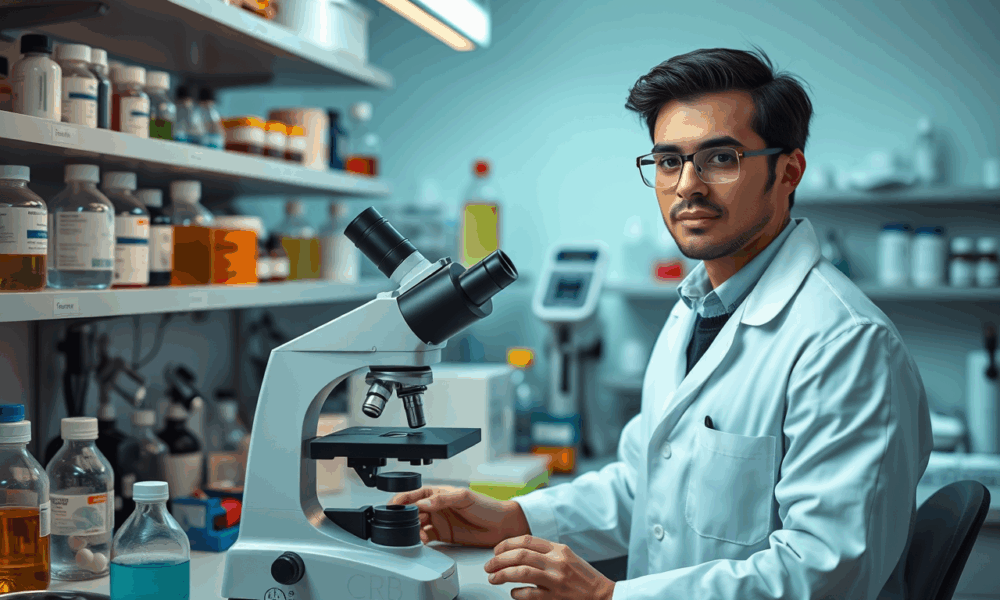
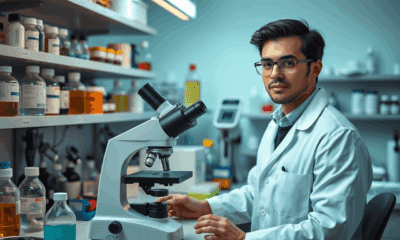

Researchers have synthesized a new compound called infuzide that shows activity against resistant strains of pathogens.



Scientists have reported use of antibacterial coatings made from resilin-mimetic proteins to fully block bacteria from attaching to a surface. A protein that gives fleas their...
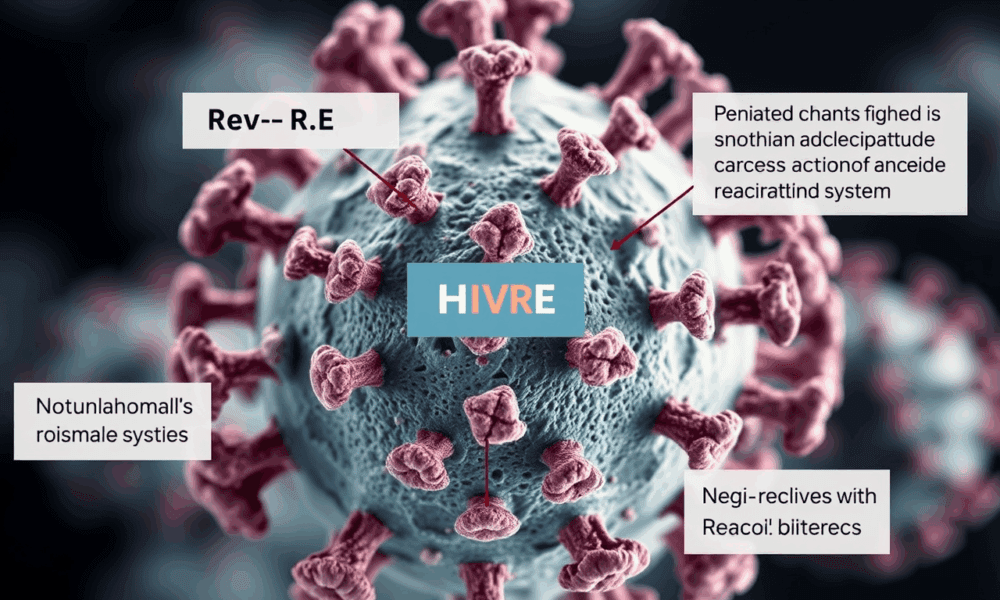
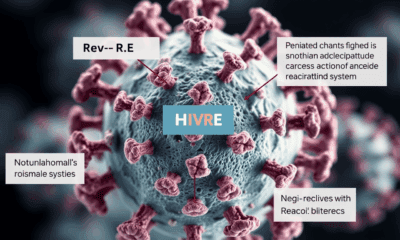

New HIV research shows that small changes in the virus affect how quickly or slowly it replicates and how easily it can reawaken in the body....
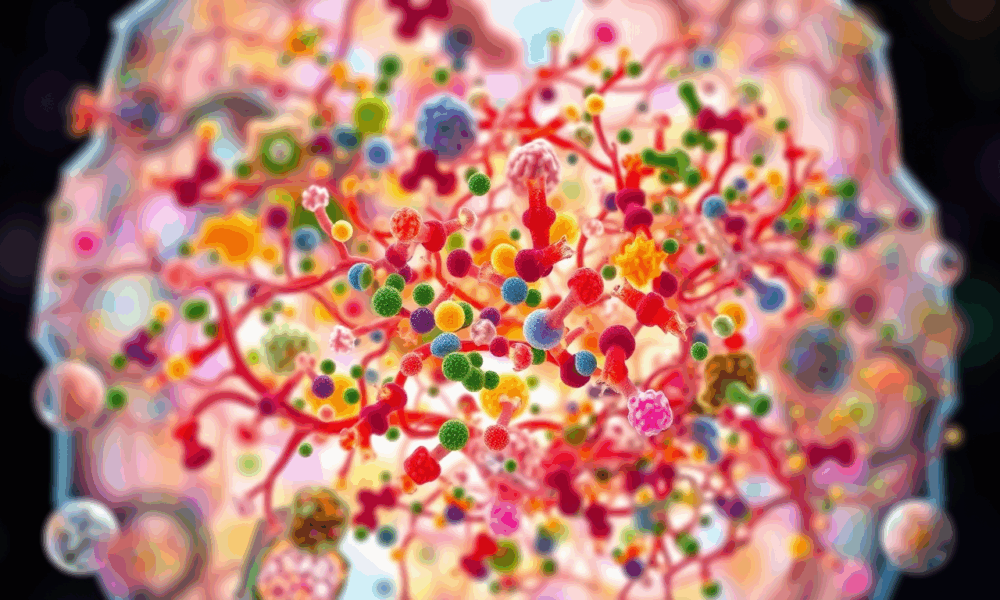
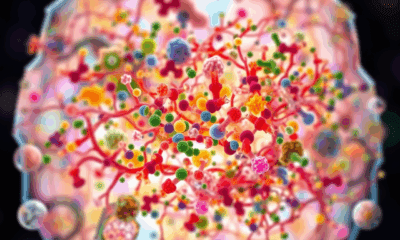

'Biomarkers' may help to improve detection and treatment of gastrointestinal diseases such as gastric cancer, colorectal cancer, and inflammatory bowel disease.